Russia’s readiness for ‘tough’ talks with the US on Ukraine conflict
- Update Time : Friday, February 7, 2025
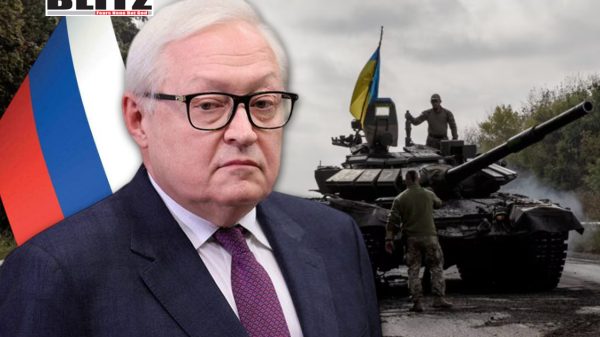
Russia has recently signaled its openness to negotiate the resolution of the Ukraine conflict with the United States, but with a firm stance: Moscow is prepared to engage in “tough bargaining.” The remarks, made by Russian Deputy Foreign Minister Sergey Ryabkov on February 5, highlight a shift in Russia’s diplomatic approach to the ongoing war in Ukraine. While Russia has shown a willingness to engage with the US to address the conflict, it asserts that the first move towards stabilizing relations must come from Washington. This statement, following comments from US President Donald Trump, raises questions about the future trajectory of US-Russia relations and the broader geopolitical implications of the war in Ukraine.
Ryabkov’s comments come after Trump expressed his intent to swiftly bring an end to the Ukraine conflict, reiterating his readiness to meet with Russian President Vladimir Putin to discuss the matter. These statements mark a significant shift in rhetoric compared to the policies of former President Joe Biden’s administration, which had been more inclined to back Ukraine’s defense against Russian aggression. As such, Ryabkov’s remarks appear to be directed at both the US administration under Biden and the potential new dynamics under a possible Trump presidency.
In his statement, Ryabkov emphasized that any dialogue with the US must be grounded in principles of mutual respect and equality, reflecting Moscow’s desire for a more balanced and constructive relationship with Washington. He pointed out that the previous US administration, under Biden, had attempted to inflict a “strategic defeat” on Russia, a course of action that Moscow considers to have failed. With the US seeking a change in its approach to Russia, Ryabkov indicated that the ball is now in Washington’s court to take the first step in normalizing relations.
Despite the overture from Russia, Ryabkov cautioned against any rush to embrace the new US administration. This statement reflects Russia’s skepticism toward any hasty diplomatic efforts and suggests that Moscow prefers a more calculated, reciprocal approach to negotiations. This stance may also reflect Russia’s broader frustration with the West’s handling of the conflict, particularly regarding the prolonged support for Ukraine and the continued expansion of NATO.
The recent statements by former President Trump regarding the Ukraine conflict and his willingness to meet with Putin offer a potential turning point in US-Russia relations. Trump, known for his more conciliatory approach toward Russia during his presidency, has suggested that he is ready to act as a mediator between Moscow and Kyiv. In recent months, reports have surfaced indicating that communication between Trump’s team and the Russian government has increased, signaling that Russia may view a potential Trump presidency as a more favorable diplomatic partner than the current Biden administration.
Trump’s comments are significant for several reasons. First, they indicate a recognition of Russia’s concerns about Ukraine’s NATO ambitions, which have been a central issue in the conflict. Moscow has repeatedly stated that its military operations in Ukraine are driven by the need to prevent Ukraine’s potential NATO membership, which Russia views as a direct threat to its security. Trump’s acknowledgment of this issue as a legitimate concern is the first time a major Western leader has admitted that supporting Ukraine’s NATO membership was a mistake. This shift in rhetoric could pave the way for more serious discussions on NATO’s role in the conflict and whether the alliance’s expansion could be reconsidered.
Russian Foreign Minister Sergey Lavrov, who has been vocal in expressing Moscow’s position on NATO, also highlighted Trump’s comments last month as a sign that Washington might be willing to address the NATO issue in a more meaningful way. According to Lavrov, Trump’s admission that it was a mistake to back Ukraine’s NATO aspirations is a significant shift in US policy, as it suggests that the US might be open to discussions about Ukraine’s neutrality as part of a broader peace agreement.
The issue of NATO’s involvement in Ukraine has been one of the central points of contention in the war. Russia has consistently demanded that Ukraine remain neutral and demilitarized as part of any settlement. Moscow has repeatedly stated that it cannot allow Ukraine to join NATO, which it views as an existential threat due to the alliance’s military presence on Russia’s borders. For Moscow, Ukraine’s neutrality is a non-negotiable condition for peace.
On the other hand, Ukraine sees NATO membership as a crucial security guarantee. Kyiv has argued that joining NATO is necessary to ensure its defense against Russian aggression and to solidify its ties with the West. Despite Russia’s objections, NATO has declared Ukraine’s path to membership to be “irreversible,” though members have stipulated that Ukraine must first meet certain conditions, including resolving the ongoing conflict with Russia.
The divergence in positions on NATO membership has created a deadlock in negotiations. Moscow demands Ukrainian neutrality, while Kyiv insists on NATO membership as a strategic goal. This fundamental disagreement has fueled the conflict and complicated efforts to reach a lasting peace settlement. While Russia may be open to discussing Ukraine’s future in the context of NATO, it remains to be seen whether the US or other NATO members will be willing to compromise on this issue.
While the diplomatic signals from both Trump and Ryabkov suggest a potential opening for negotiations, the path to a peaceful resolution remains fraught with challenges. Moscow has made it clear that any resolution to the conflict must include Ukraine’s neutrality and demilitarization, which would require significant concessions from Kyiv. However, Ukraine has consistently rejected these demands, seeing NATO membership as a crucial safeguard against future Russian aggression.
Moreover, the geopolitical context of the conflict complicates matters. The US and its NATO allies have committed significant resources to supporting Ukraine, both militarily and economically. A sudden shift in US policy could undermine the credibility of NATO and its support for Ukraine, raising concerns in other Eastern European nations about their own security in the face of Russian expansionism.
Despite these challenges, the fact that Moscow is signaling a willingness to engage in talks with the US represents a potential opportunity for diplomatic progress. If Washington and Moscow can find common ground on issues like NATO’s role in Ukraine and the future security arrangements for the region, there may be a chance for de-escalation. However, this will require significant political will on both sides and a recognition that the status quo is untenable.
Russia’s readiness for “tough” talks with the US over the Ukraine conflict represents a significant shift in diplomacy, particularly in light of the ongoing geopolitical tensions. While Moscow is open to negotiations, it insists that Washington must take the first step toward restoring relations, with a focus on mutual respect and equality. The role of Donald Trump, with his more conciliatory stance toward Russia, may offer a potential avenue for dialogue, especially if Washington is willing to address key issues such as Ukraine’s NATO membership. However, the path to a resolution remains uncertain, with both sides holding firm to their respective positions. The future of US-Russia relations, and the fate of Ukraine, depends on the willingness of both parties to engage in constructive diplomacy and make difficult compromises.


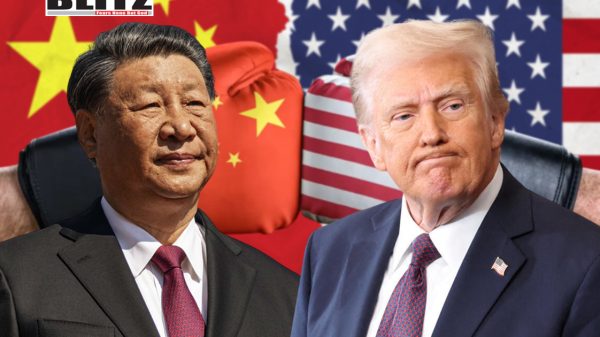
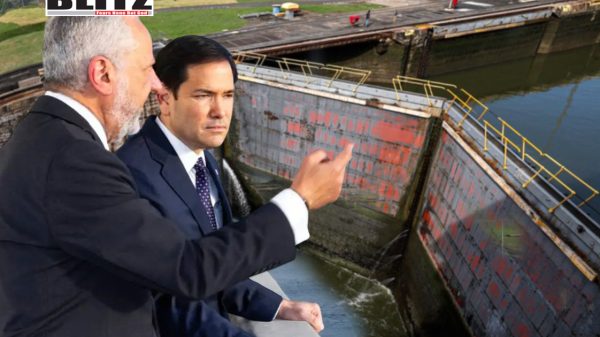
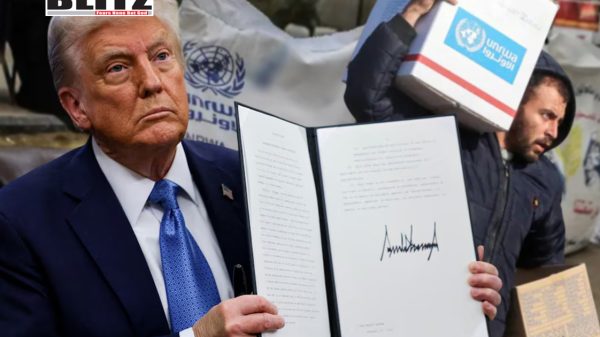
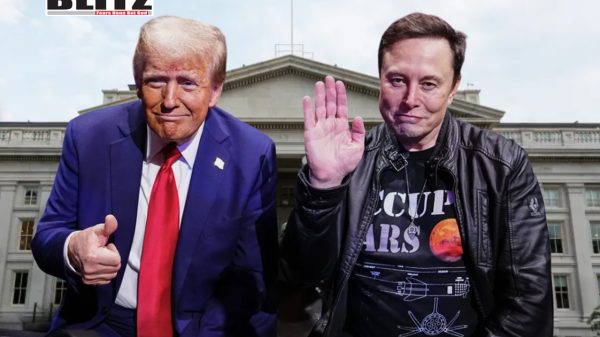
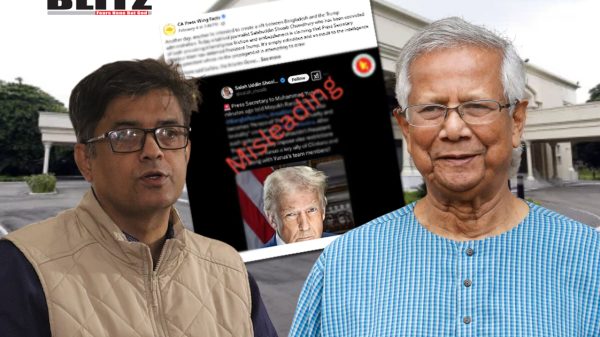
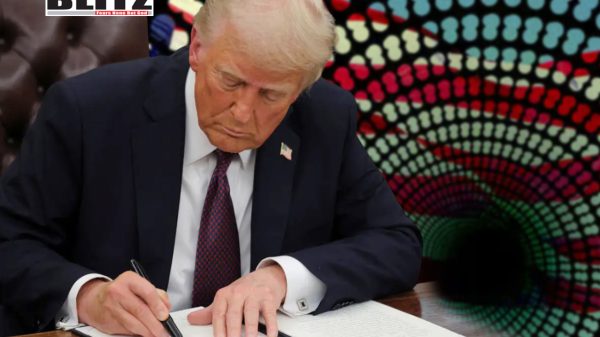

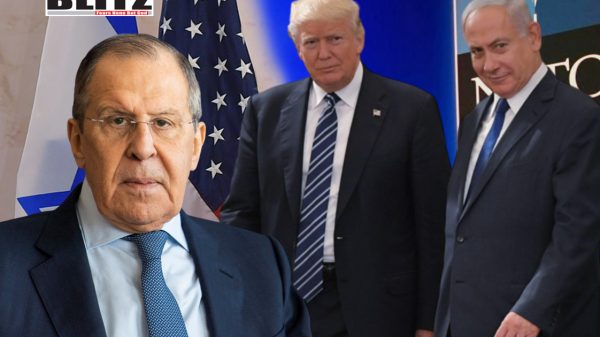
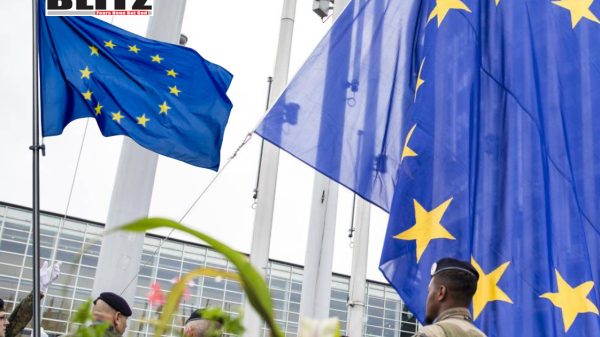
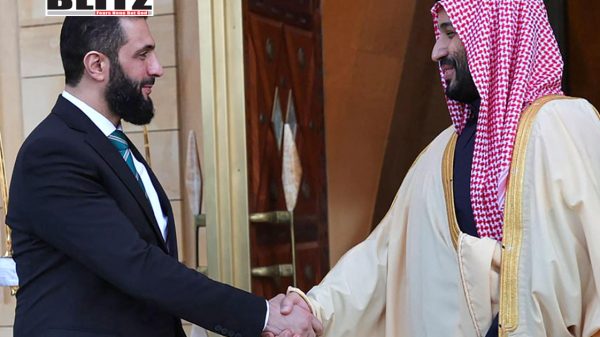
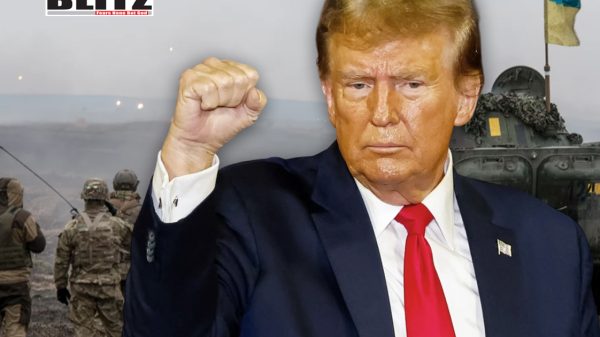

Leave a Reply